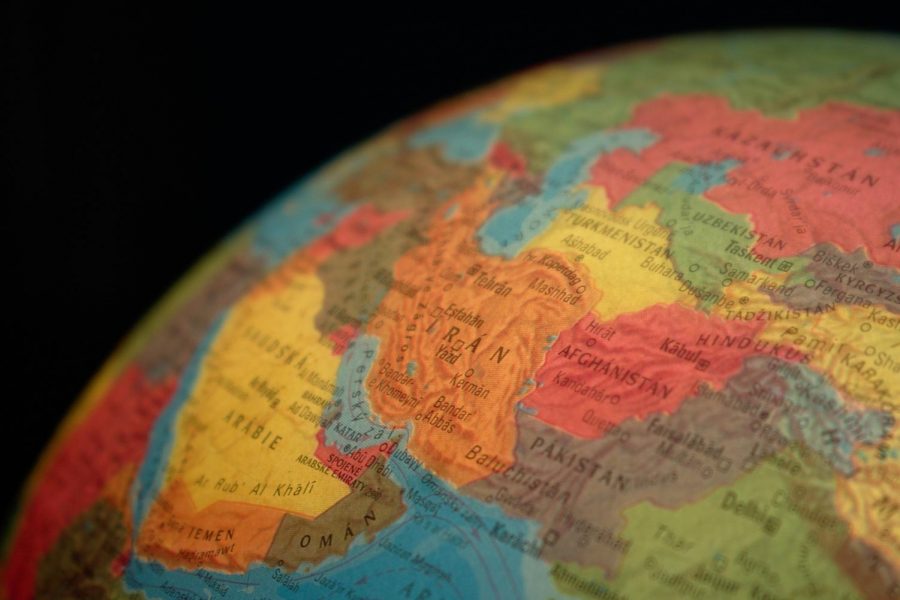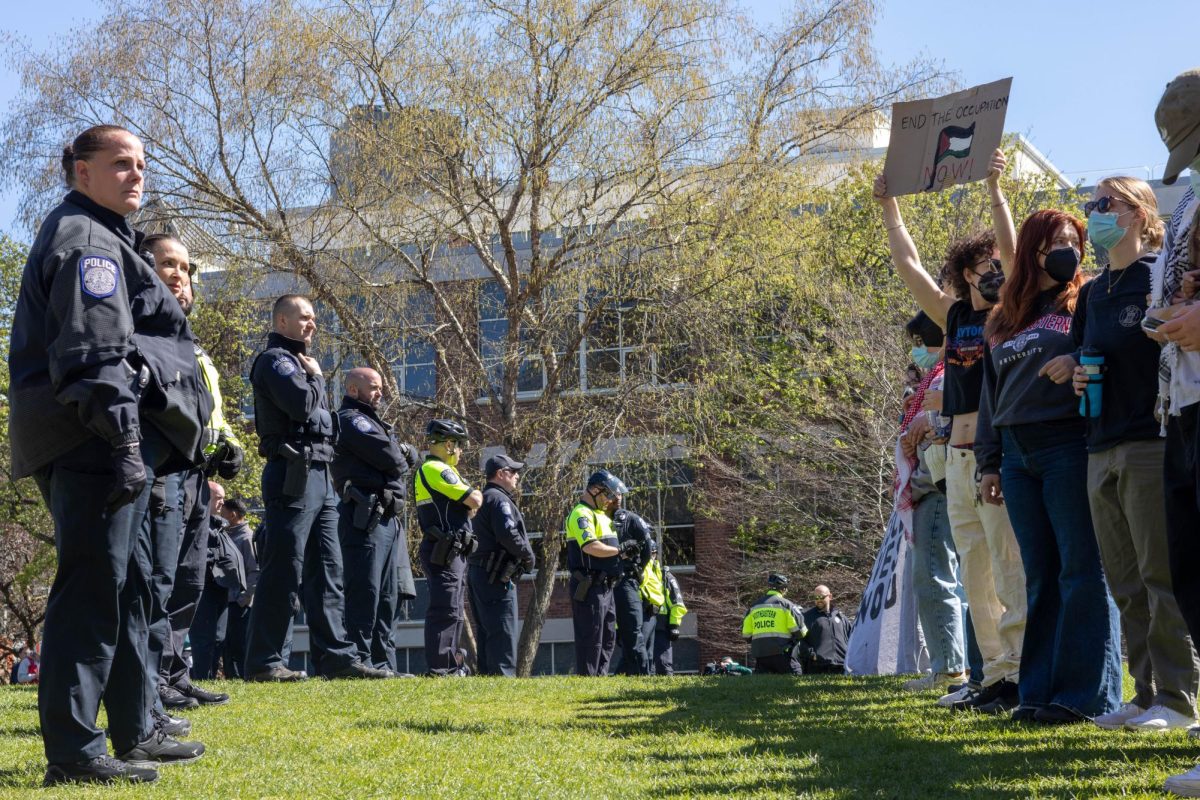Column: World War III memes dismiss the severity of war
January 31, 2020
In the early hours of the morning Jan. 3, an American drone strike killed Qassim Suleimani, a prominent Iranian military general. Suleimani was head of the Revolutionary Guards’ Quds Forces, a military unit that oversees Iran’s foreign operations. He was widely seen as one of the most powerful figures in Iran — second only to Iranian supreme leader Ayatollah Ali Khamenei.
Some reacted in a manner befitting the severity of this situation, which dramatically escalated tensions between Iran and the United States. Political analysts were quick to highlight the significance of the United States killing the most powerful military leader in the Middle East, with some calling the attack “America’s most consequential strike this century.”
Hundreds of thousands of Iranians took to the streets of Tehran to mourn Suleimani. In nearby Iraq, equal numbers of Iraqis stormed through Baghdad to protest the presence of U.S. troops in Iraq.
In the United States, the domestic populace reacted in a different manner. Most visibly, the Generation Z community heralded the new year by flooding social media outlets with World War III and draft memes. Most have probably seen the internet filled with TikToks of people dancing with the caption “me dodging bullets in Iran” and photoshopped tweets of Donald Trump stating “military draft starts tomorrow.”
I don’t want to completely fault those who find humor in these jokes, as comedy is a legitimate coping mechanism in times of stress or anxiety. However, for me, the memes lost their humor when I realized we were making light of a situation that threatens to push Iran and the United States towards armed conflict. The TikTok dances, photoshopped tweets and everything in between trivialize a potential war that could kill thousands of people and ruin millions of lives.
It’s easy to make jokes about something that would most likely never affect us directly. We are not the ones who are going to have to deal with the effects of war. If conflict with Iran does transpire in the future, we will never have to worry about food shortages, electrical blackouts and the looming threat of violence and death.
However, innocent, everyday Iranians will have to bear that burden. Indeed, this is already the reality of countless civilians across the Middle East who are affected by the U.S. military industrial complex and apparatus. Creating clever memes erases the experiences of these people, as it creates an environment on social media that both fails to properly address the human ramifications of war and actively hinders any serious discussion on the matter.
We, as members of Generation Z, grew up in a post-9/11 era where the United States was always at war in the Middle East — we never knew anything different. It seems as though we increasingly take it at face value that war with a Middle Eastern country is an inevitable facet of U.S. foreign policy, an ordinary headline in the news.
Our eagerness to create memes out of possible conflict with Iran represents this desensitization. Our generation has serious conversations about, for example, climate change and gun violence in part because we can remember a time when these issues were a less immediate concern. We protest and pressure public officials in an attempt to return to those times. This motivation does not exist when we are talking about U.S. foreign policy in the Middle East.
Of course, the Generation Z tendency to make memes out of anything is not exclusive to a U.S.-Iran war. However, it feels wrong to do so in this situation at the expense of Iranians who will suffer from military engagement. The historical reasons for U.S. involvement in Iran and the Middle East as a whole are convoluted. The effects of further U.S. intervention in Iran will likely be far-reaching and downright messy. Turning the entire situation into a nationwide joke is not funny — it’s a national tragedy.


















